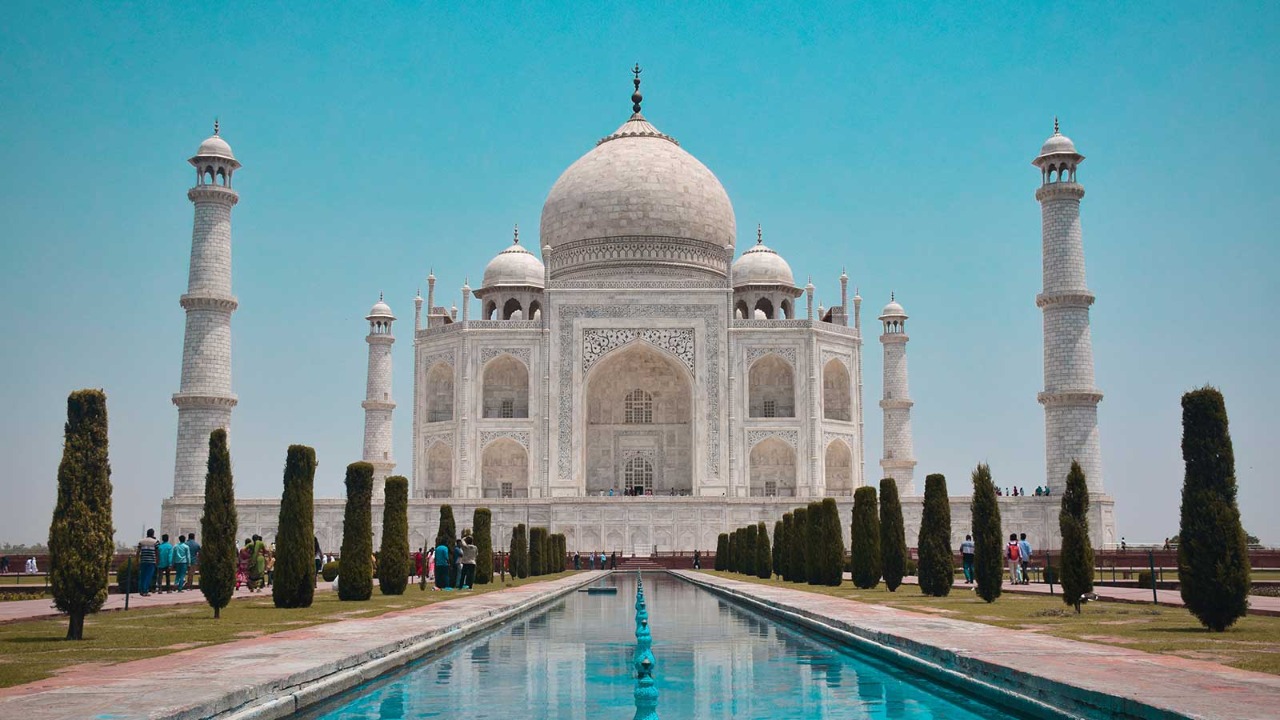BREAKING| Allahabad High Court dismisses PIL filed for constitution of fact finding committee for revelation of Taj Mahal's true history

The Allahabad High Court today dismissed the Public Interest Litigation (PIL) seeking constitution of a fact finding committee to reveal truth behind 20 closed rooms inside Taj Mahal.
The bench of Justices DK Upadhyay and Subhash Vidyarthi noted that it is not for a court of law to direct for such studies, they are the topics to be studied/researched by academicians.
The court stressed the prayers made in the petition had nonjusticiable issues, and a court of law doesn't possess judicially manageable standards that will be required to deal with the issues raised in the plea.
Important to note that a suit is already pending before the local court with a similar prayer. Adv. Ranjana Agnihotri, had filed that suit in 2015 seeking permission to pray inside the building as it is alleged that the monument was a Shiva temple before encroachment by the Mughal emperor.
The writ petition was filed before the Lucknow bench of the High Court by Dr. Rajneesh Singh, the media in-charge of the NJP’s Ayodhya unit.
The plea soght a direction to the government to constitute a fact-finding committee to study and publish the ‘real History of Taj Mahal' and invalidate the controversy surrounding it.
The plea, filed through advocate Rudra Vikram Singh, alleged that many Hindu groups have been claiming that the Taj Mahal is an old Shiva Temple which was known as 'Tejo Mahalaya' and which is supported by many historians as well.
As per the plea, it is there in many History books that in 1212 AD, Raja Paramardi Dev had built the Tejo Mahalaya temple palace which was later inherited by Raja Maan Singh, the then Maharaja of Jaipur, and after him, the property was held and managed by Raja Jai Singh but was later annexed by Mughal emperor Shah Jahan who converted it into a memorial for his wife.
The petitioner had also alleged that he has been trying to ascertain these facts since 2020 through the Right to Information Act. He has claimed that in reply to such an RTI query on the reason for keeping those doors locked, Archeological Survey of India, Agra responded that the same has been done due to security reasons.
Therefore, stating that the great monument should be named and recognized in its true perspective, the petitioner has demanded that the locked rooms be opened to check for the possible presence of Hindu idols.
Case Title: Dr. Rajneesh Singh v. Union of India and Ors.
